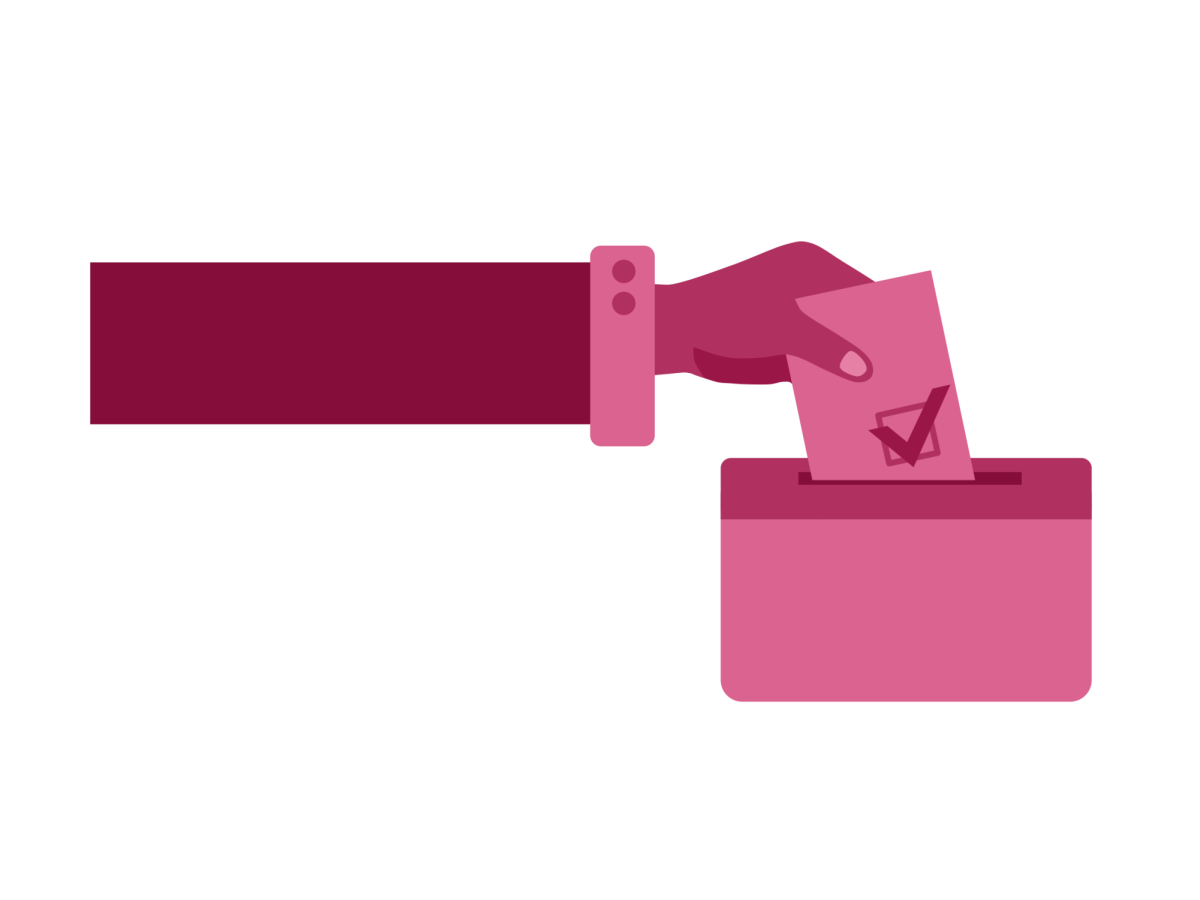For Communications High School (CHS) students who endure heavy course loads, play sports and engage in extracurricular activities, it is near-impossible to discuss the school year without recognizing its stressors. Summer vacation is known to offer relief from the rigid and sometimes overbearing routine of the school year, providing time to wind down, visit the beach and connect with friends and family.
With all of its benefits in mind, summer still fails to be entirely stress-free. While it offers ample time to prepare for the school year and socialize, many still struggle with burnout. Most students work a part-time job, maintain an internship or use the summer to study for standardized tests such as the ACT or SAT.
When students are promised 10 weeks of uninterrupted leisure time, the idea of this rarity being robbed can cause anxiety.
Junior Sabrina Lunanuova of Middletown feels that just the thought of school causes worry to accumulate.
“I try not to think about school during the summer because I know it’ll ruin it,” said Lunanuova.
While academic anxiety is by no means a new nor uncommon issue regarding teen health, many argue the issue is evergrowing and getting worse by the year.
The Harvard Division of Continuing Education claims, “45% of students said they had a hard time concentrating on school work. Many reported feeling less motivated.”
The summer’s end in particular offers essential crunch time for back-to-school activities like summer reading and precautionary studying. It is common for students to feel overwhelmed by the pressure to complete these tasks and prepare for the upcoming school year. In a study done by Dartmouth, researchers discovered that students experience an “anticipatory stress spike” of 17% in the two weeks before starting school.
Sophomore Zachary Erbe of Shark River Hills explains how the thought of summer’s inevitable end evokes premature anxiety. After 10 months of daily studying and consistent testing, students are encouraged to take advantage of every moment they spend outside of school. With the thought of a new school year starting before they have the chance to process the last one, this task can be proven to be not as easy as it sounds.
“I’ve been trying to enjoy [summer], but now because the end of summer is so close, I’m stressed out about it and I still have to finish work,” Erbe said.
Summer also acts as a transition time from grade to grade. This is especially heightened in high school, where transitions need to be made from biology to physics, PSAT to SAT and even from participating in a club to running for its council. This transitional time, while crucial, can be stressful to students as they anticipate the school year ahead and prepare to venture into the future.
“Having physics, I’m a little scared going into sophomore year. I’m pretty anxious about it,” Erbe said.
Although summer is the ideal time to focus on relaxation, it is also important to include stress-management strategies throughout the school year to maintain good mental health and ensure an enjoyable year.
Ira Rabois, the author of “Compassionate Critical Thinking”, encourages students to manage their stress by keeping a monthly calendar of due dates, taking time to map out how much time assignments might take to complete and having conversations with friends and family about how stress affects them and what they can do to manage it.
“It’s going to be really difficult, but I’m going to try and manage,” Erbe said.










